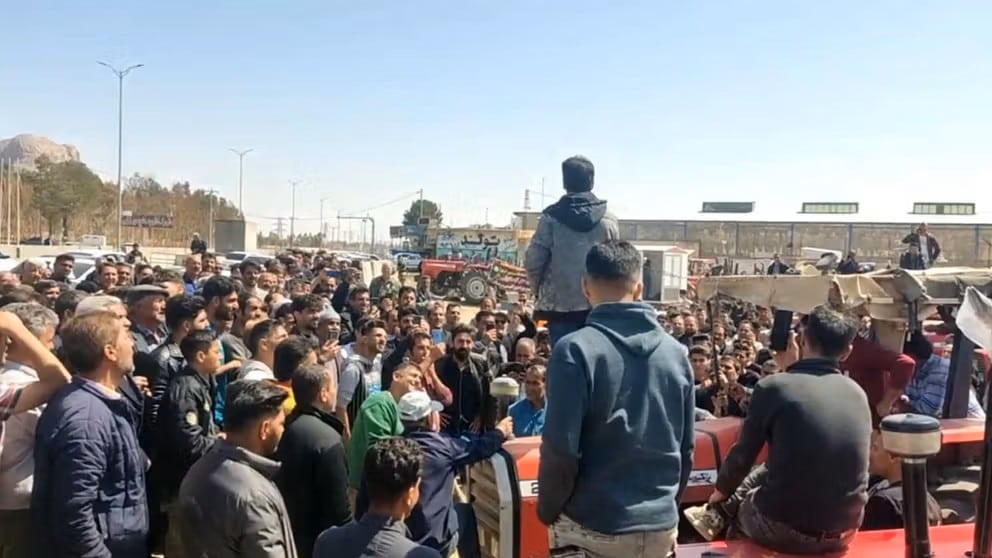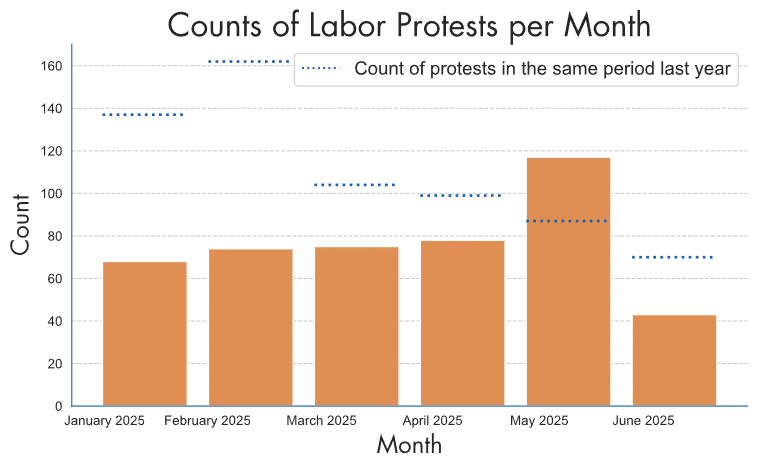Why This Matters
Iranian workers face severe economic hardship, unsafe conditions, and laws that block independent unions. Strikes and protests are often criminalized, exposing workers to dismissal, intimidation, and imprisonment. Still, workers persist in demanding dignity, fair wages, and basic rights.
A central challenge is the lack of reliable information on labor rights in Iran. This data gap prevents activists, policymakers, and international organizations from fully understanding violations or shaping effective strategies. Worker Rights Watch was created to close this gap by documenting strikes, assemblies, legal changes, and long-term trends, offering a resource vital for awareness, mobilization, and solidarity.
Through our monitoring, analysis, and recommendations, Worker Rights Watch ensures that workers’ struggles are recognized rather than silenced. By engaging with our work, unions, civil society, and international institutions can help defend labor rights and support a more just future for Iranian workers.



